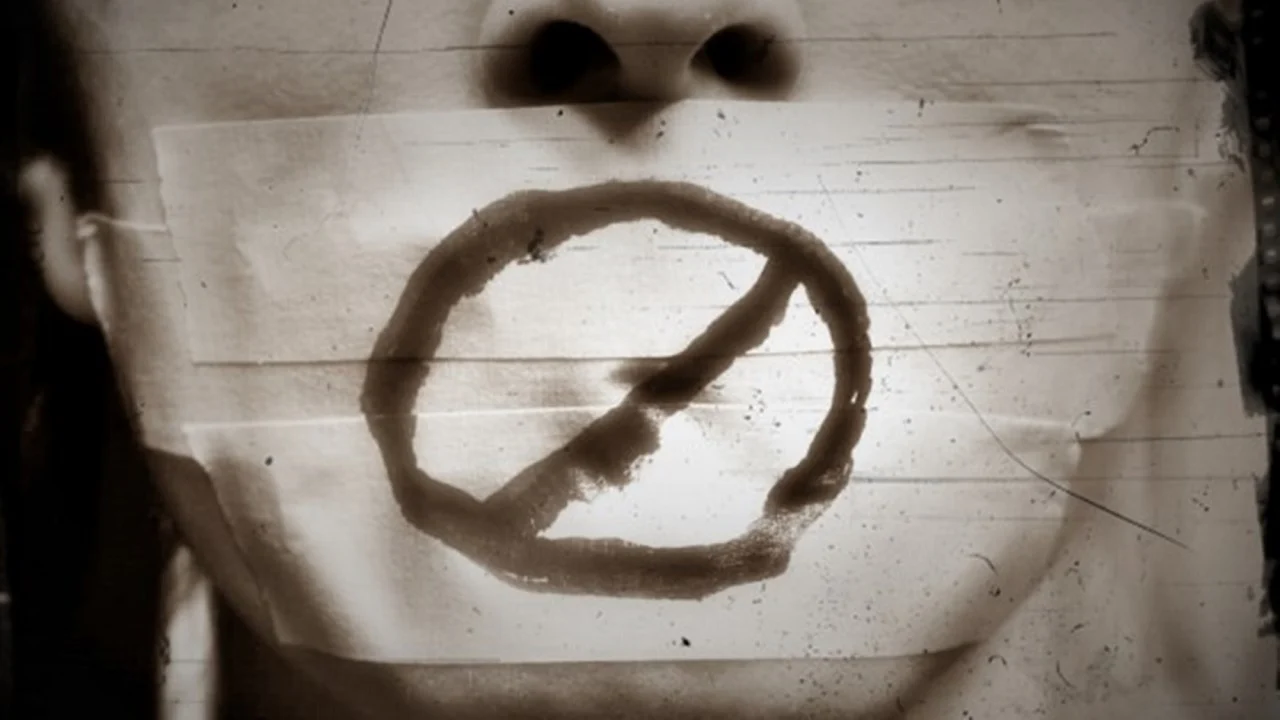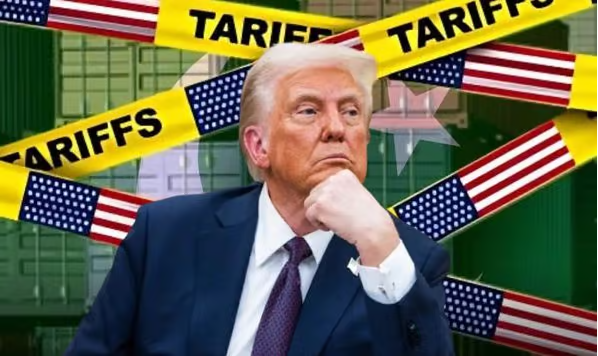Over the past decade, Pakistan has experienced a revolution—millions of citizens now use the internet to express opinions, access information, and build online communities. However, this digital awakening is increasingly overshadowed by growing state surveillance and control, particularly under Section 37 of the Prevention of Electronic Crimes Act (PECA) 2016.
Originally designed to curb cybercrime, Section 37 now gives sweeping powers to the Pakistan Telecommunication Authority (PTA) to block or remove online content without prior judicial oversight. Content deemed against the “glory of Islam,” “integrity of Pakistan,” or “public morality” can be censored—a definition critics argue is vague and prone to abuse.
Legal Ambiguities and Abuse
Digital rights groups and legal experts have condemned Section 37 for its overly broad and subjective language. Terms like “public decency” and “national security” have been used to justify takedowns of dissenting voices, often without notice or the right to appeal.
READ MORE:
UAE Airline Embraces Cryptocurrency Payments as Pakistan Launches Virtual Asset Authority
The law’s misuse became highly visible in June 2025, when the Islamabad District Court approved a request from the National Cyber Crime Investigation Agency (NCCIA) to block 27 YouTube channels, many operated by journalists and political commentators. Channels belonging to Asad Toor, Matiullah Jan, Moeed Pirzada, and Ahmad Noorani, as well as several PTI-linked platforms, were shut down on grounds of alleged “anti-state” content.
Rights groups denounced the move as a direct attack on press freedom, arguing that entire platforms were being silenced instead of specific content.
Global Backlash and Pushback
In response to rising criticism, the Islamabad High Court (IHC) in 2020 directed the government to frame transparent rules. The resulting 2021 rules—and the slightly revised 2022 version—were still rejected by tech giants like Meta, Google, and Twitter, who warned they could exit Pakistan over concerns related to overregulation and privacy violations.
As of 2025, multiple petitions are pending in Pakistan’s top courts, challenging both Section 37 and broader aspects of PECA as unconstitutional. These cases argue that the law violates Articles 19 and 19A of Pakistan’s Constitution, which protect freedom of expression and access to information.
Current Legal Landscape
The Supreme Court of Pakistan is expected to take up a petition that seeks to declare the entire act—and particularly Section 37—unconstitutional. Simultaneously, the IHC has consolidated various journalist-led petitions for a larger bench hearing. The Sindh and Lahore High Courts are also hearing challenges.
Consequences for Internet Freedom
The ongoing misuse of Section 37 has triggered:
-
Self-censorship among journalists, bloggers, and content creators.
-
Uncertainty for tech companies, startups, and digital platforms.
-
Decline in Pakistan’s global internet freedom rankings.
The Call for Reform
Digital rights activists are calling for significant amendments to Section 37 or its full repeal. Key demands include:
-
Clearly defined legal terms.
-
Mandatory judicial review before content takedowns.
-
Transparent enforcement and appeals process.
-
Better protection for freedom of speech.
Conclusion
Section 37 of PECA, meant to protect users from cybercrime, has instead become a tool for silencing dissent. As Pakistan’s digital economy and online population grow, the need for a balanced, transparent, and rights-respecting framework becomes more urgent than ever.
Without reform, Pakistan risks turning its digital future into a landscape of fear and suppression—rather than one of innovation and free expression.




